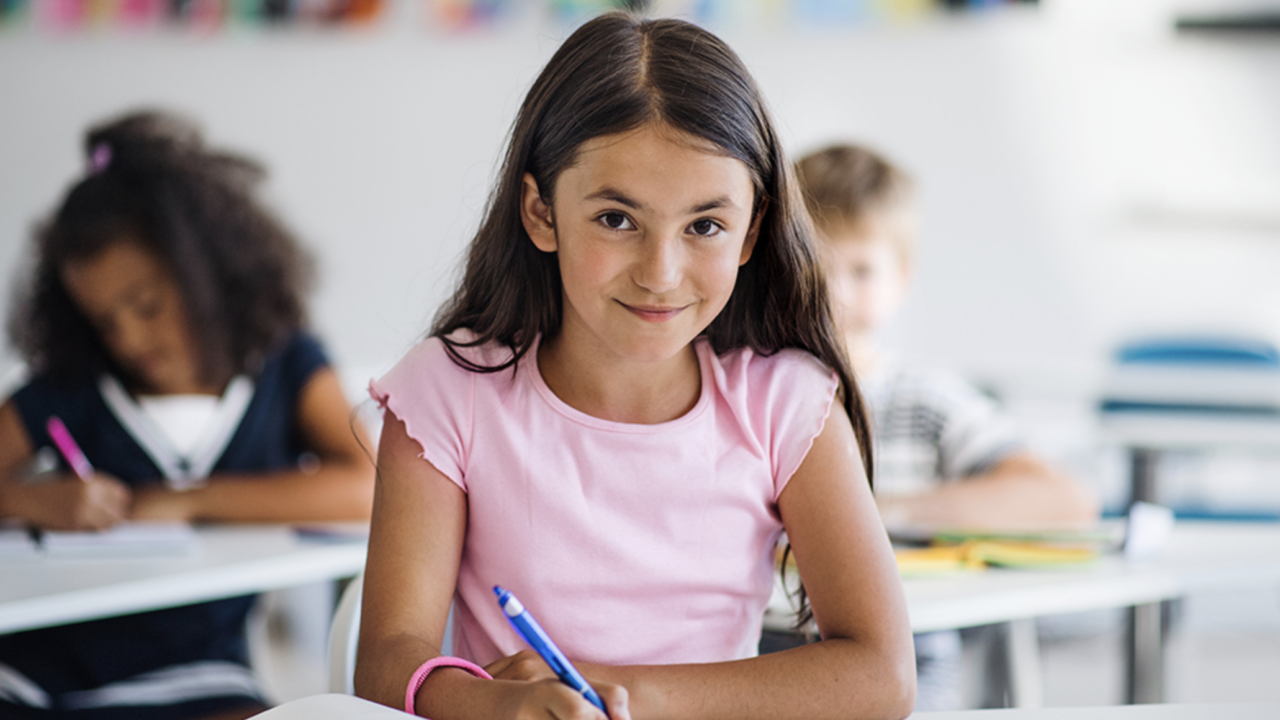
How to Choose a Private School
Academic rigor. Religious or moral education. Smaller class sizes. Unique extracurriculars. Families choose private schools for a variety of reasons. There are over 3,000 private schools in Pennsylvania, and the options are anything but monolithic. This guide is an overview of the types of private schools available in Pennsylvania and key questions to consider as you find the best fit for your child.
Why private school?
Parents can focus their search for a private school by identifying what they value most about their child’s education.
- Academics: Is the goal to find a rigorous academic program that will maximize ACT/SAT scores and help your child get admitted into an Ivy League school?
- Character: Is a Christian or other religion-based teaching curriculum the most important aspect of your child’s education?
- Talent: Is the school program-based, so that your child can pursue a specific discipline like art or music?
- Relationships: Are school culture and your child’s relationships with other students the primary factors driving your decision?
While all of the above may be important for your child’s education, perhaps one or two are more fundamental. Identifying and ordering your priorities will help you evaluate the options and find the best fit for your child and family.
Types of private schools
Private schools vary in terms of structure, curriculum, and teaching methods. There are approximately seven types of private schools in Pennsylvania. You can read about what makes each unique here.
Accreditation
The Pennsylvania Department of Education categorizes private schools according to their accreditation and legal status. Pennsylvania private schools are not required to be accredited.
- Licensed Private Academic Schools: Primarily nonsectarian and regulated by the State Board of Private Academic Schools in a manner that “closely parallels public school requirements.”
- Nonpublic, Nonlicensed Schools: Schools that are sponsored by religious institutions.
- Accredited Schools: Schools that are accredited by organizations approved by the State Board of Education.
Accreditation means that there is third-party recognition that a private school is meeting official standards. Of course, nonaccredited schools can be held accountable by the families that attend the school. Parents that are engaged in their child’s education will only choose the nonaccredited school if the school meets their quality standards.
In most cases, the accreditation of your child’s private school will not make or break the chance of college admission. A nonaccredited private school diploma is much like a homeschool diploma, and homeschoolers have a proven-record of college admission and scholarships. Nevertheless, it never hurts to research potential college choices to see if high school accreditation will factor into their acceptance decisions.
Location and transportation
While children are assigned to public district schools based on their zip code, families have flexibility to choose their private school regardless of the county in which they reside. Nevertheless, unless your child is going to boarding school, the location of the private school will determine whether there is publicly provided transportation.
The Pennsylvania Department of Education provides information on when the state will provide bus transportation to nonpublic school students:
When a school district provides transportation for its public pupils, it must provide transportation services to nonpublic pupils of the same grade level that it is providing for its own pupils. The nonpublic school must be nonprofit and located within ten miles of the district’s boundary, measured by the nearest public road. If the school building in which the pupil is enrolled is not located within the ten-mile distance, the nonpublic pupil is not eligible for transportation, nor are his parents eligible for payment towards transportation costs.
If the private school is within ten miles of the district’s boundary, the state will not charge the nonpublic school students who ride the bus. The public school district is obligated to continue busing services for private schools even if the public schools are closed. The all-virtual start of many district schools has raised concerns that busing services will not be provided for private schools that open in-person, so parents should stay up-to-date on what public transportation arrangements will be for the 2020–2021 academic year.
If the private school is outside of the ten-mile distance, it will be the parent’s responsibility to arrange transportation for their children.
Cost and financial aid
Private school is an investment, but tuition costs are not always insurmountable. Many private schools offer financial aid, and some high schools offer merit-based scholarships. Pennsylvania also has two tax credit scholarship programs: the Educational Improvement Tax Credit (EITC) and the Opportunity Scholarship Tax Credit (OSTC). These programs allow businesses and individuals to receive tax credits in exchange for donations to scholarship organizations. The organizations then work with private schools to help families below a certain income receive scholarships.
You can read more about these tax credit scholarship programs here.
What should I look for in a private school?
Your priorities for a private school will depend on what you value most in your child’s educational experience. After deciding what type of private school would best fit the needs of your child, there are several different attributes to compare to find the best one for you. Read about important comparison points here.
Conclusion
Each child is different, with unique needs, interests, and learning methods. There’s no best school that is the right answer for every family. Some families value a religion-centered education while others look for a state-of-the-arts STEM program. Some students learn well through the Classical method, while others are interested in taking AP and dual enrollment courses in high school. All children are not the same, so schools aren’t either. The number and variety of private schools allows parents to choose the educational environment that best meets the needs of their children.